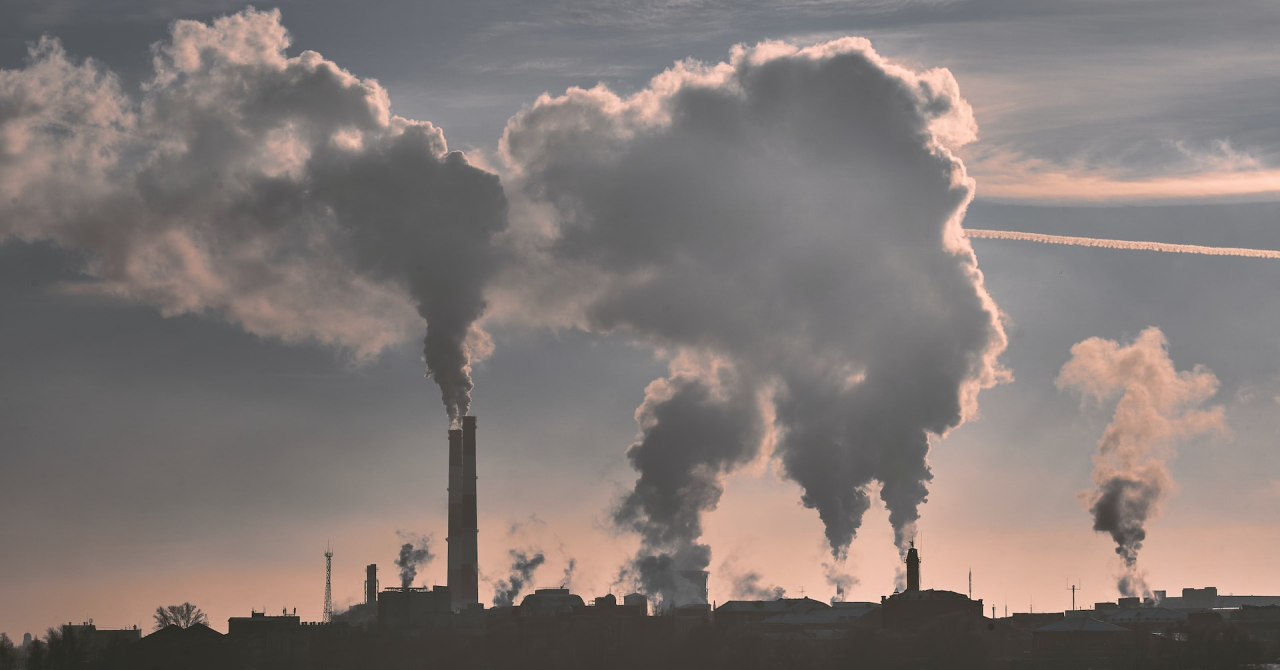Reuters writes that a team of experts at the University of Chicago's Energy Policy Institute (EPIC) estimates that half of the world's life expectancy is lost due to people living in some of the most polluted regions on Earth, namely Bangladesh, India and Nepal.
India is one of the countries that started contributing with the most pollution starting 2013, with 59% of Earth's pollution being attributed to this nation. In New Delhi, for example, the world's most polluted mega-city, life expectancy is cut by around a decade per person.
On average, a person living in Pakistan could gain 3.9 years if the country meets WHO's guideline for recommended pollution levels, while Nepal residents could live 4.6 years longer per individual.
Comparatively, people in Europe are exposed to 23.5% less pollution now than they were back in 1998, which helps residents on the Old Continent gain 4.5 months of life per individual. However, when looking at the WHO standard, 98.4% of Europe's regions miss the pollution guidelines.
To ensure a better air quality for the citizens, EU officials proposed cutting their own standard for particulate matter pollution from 25 µg/m³ to 10 µg/m³ by 2030, which would help European citizens collectively gain 80.3 million years of life.
 Mihai - Cristian Ioniță
Mihai - Cristian Ioniță












Any thoughts?